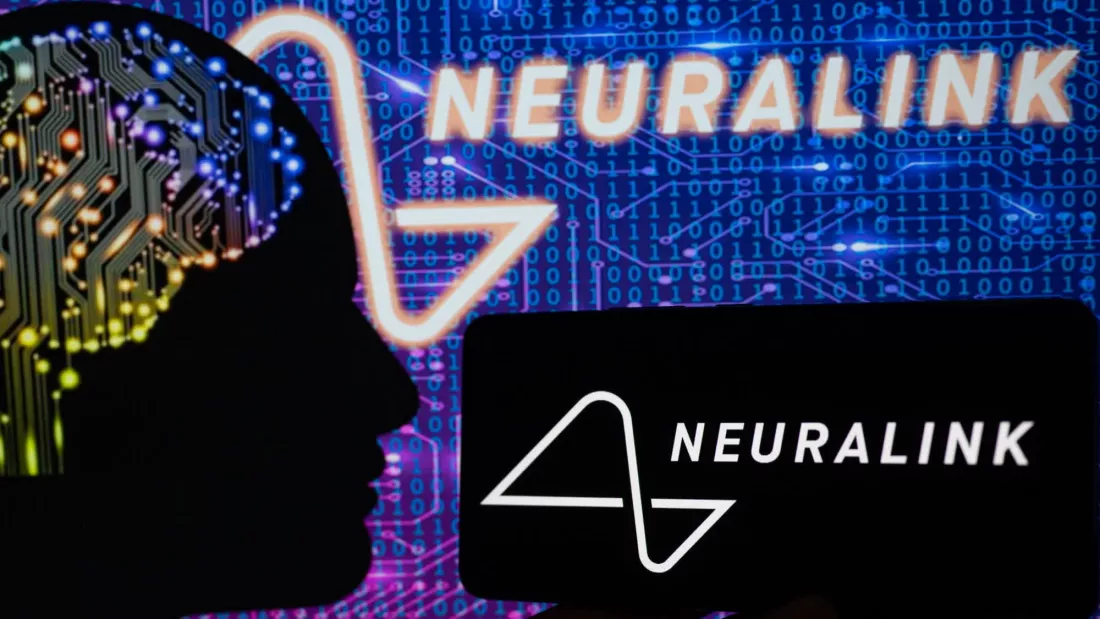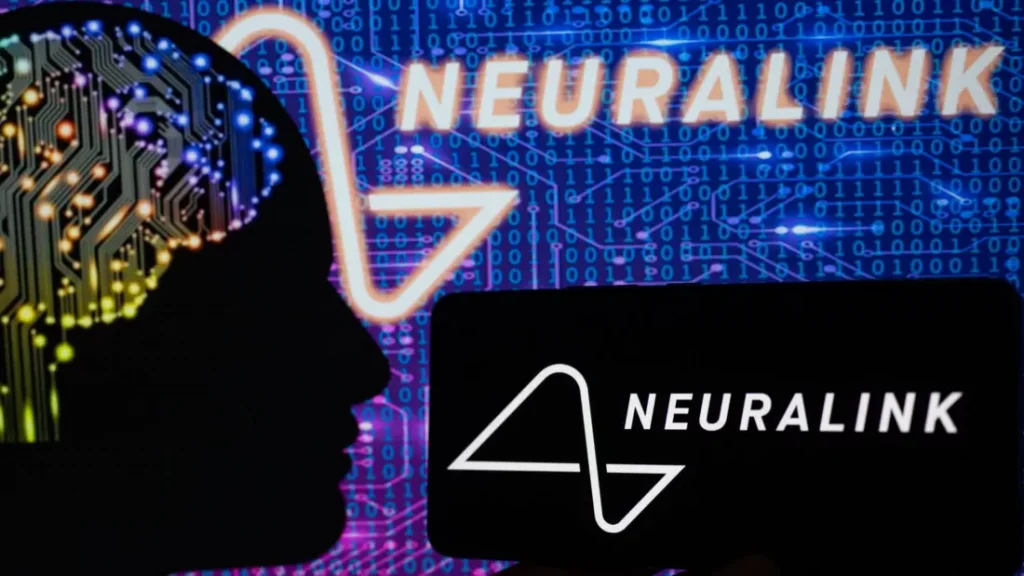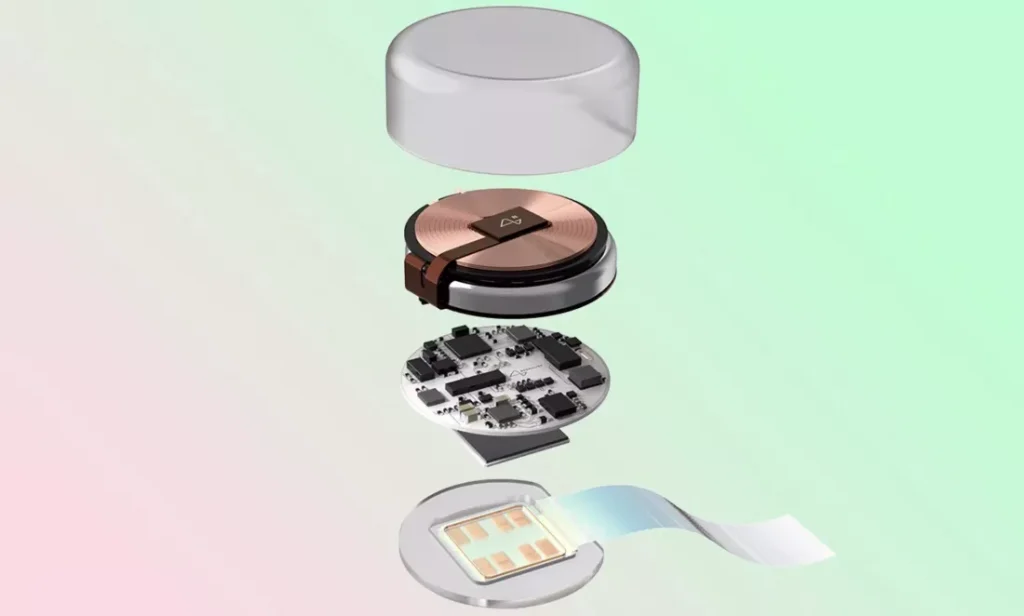
Neurolink brain chip implant partially fails after surgery
Neuralink Corporation, the controversial neurotechnology company criticized for its questionable medical trials resulting in the death of a significant number of monkeys, achieved its first experimental success earlier this year. Quadriplegic patient Noland Arbaugh underwent Neuralink’s initial BCI chip implantation, enabling him to gain the ability to move a cursor on a computer display after suffering full-body paralysis from a driving accident eight years ago.

Neuralink has the ambitious goal of creating a novel brain-computer interface by attaching a chip directly to a patient’s brain. The first experimental surgery has already occurred, but the implant encountered some “hardware” issues that needed to be addressed through a software approach.
Despite being hailed as an unprecedented success, Albo’s surgery was met with some troubling after-effects.In a recent article detailing the experimental procedure, Neuralink revealed that a few weeks after the surgery, several of the wires in the chip “retracted from the brain. “Neuralink’s BCI has 1,024 electrodes connected to 64 threads that connect directly to the brain to record neural activity and translate it into movement.
Neuralink explains that the retraction of the threads results in a “net reduction” in the number of active electrodes recording brain signals. The company solved this problem by increasing the sensitivity of the recording algorithms to neural signals, thereby eliminating the need for “hardware” manipulation of the implant itself.

Neuralink says its software engineers have improved the conversion process that translates these signals into cursor movement, thus improving the device’s “user interface” capabilities, despite setbacks on the hardware side. Thanks to these software improvements, performance in bits per second has improved, with patients experiencing even better performance compared to initial results.




